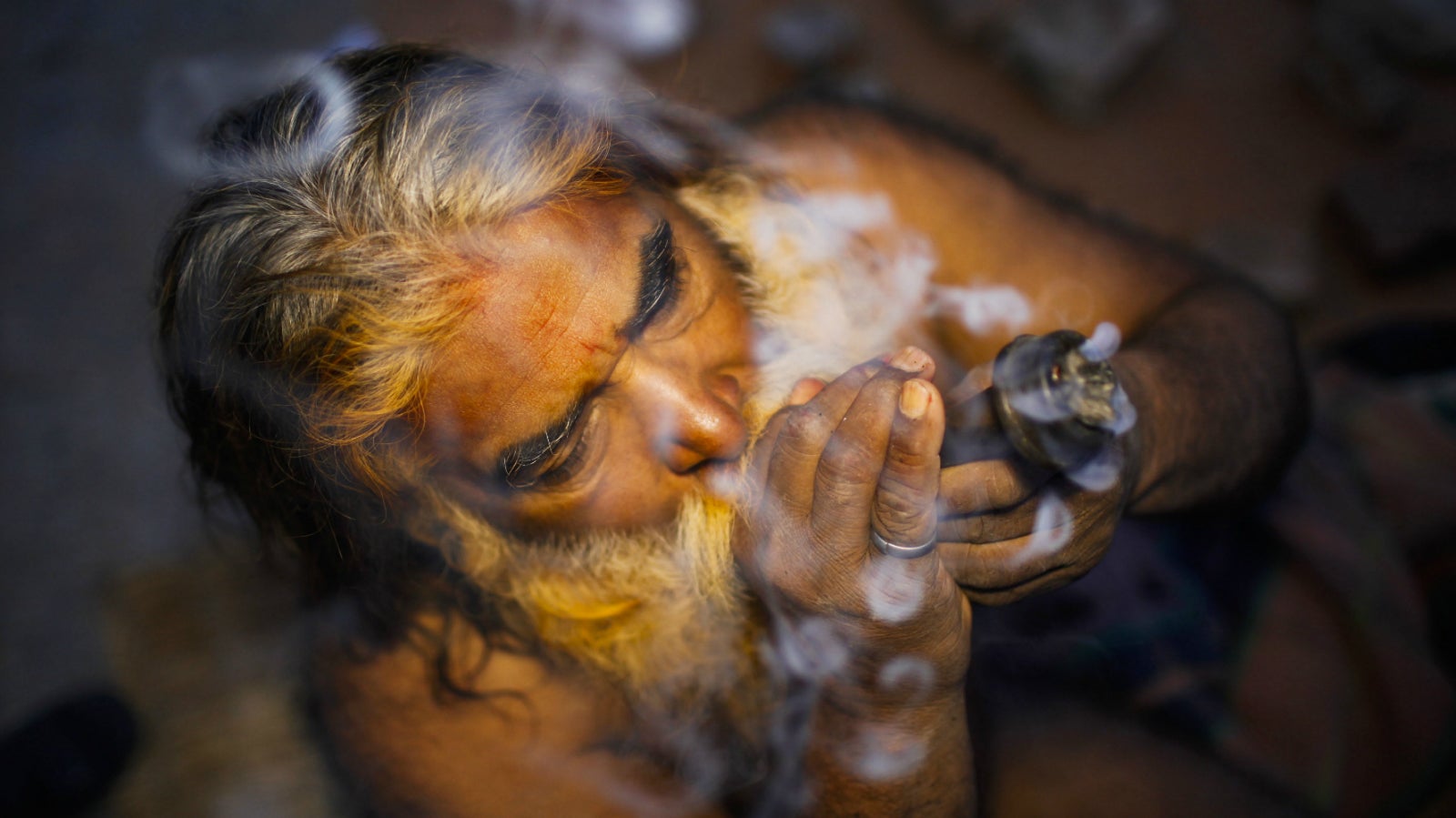The movement to make marijuana legal in India now has support from one of Narendra Modi’s ministers
Taking inspiration from the West, India’s women and child development minister, Maneka Gandhi, has voiced her support for legalising marijuana in the country.


Taking inspiration from the West, India’s women and child development minister, Maneka Gandhi, has voiced her support for legalising marijuana in the country.
In a meeting of a group of ministers (GOM) who are studying a new policy on drugs, 60-year-old Gandhi suggested that legalising the drug for medicinal purposes could be beneficial in India, too.
“(In) some of the developed countries like the US, marijuana has been legalised, which ultimately results in less drug abuse,” Gandhi said, according to the minutes of the meeting accessed by the Press Trust of India (PTI). “The possibility of the same may be explored in India.”
“…marijuana should be legalised for medical purposes, especially as it serves a purpose in cancer (treatment),” Gandhi told PTI.
More than half the states in the US and some 16 countries around the world including Argentina and Australia currently allow the use of marijuana for medical purposes, particularly for treating chronic pain, nausea after chemotherapy, epilepsy, and symptoms of multiple sclerosis.
But in India, cannabis consumption and production are governed by the Narcotic Drugs and Psychotropic Substances Act, 1985. Under this law, the consumption of cannabis could lead to a jail term of six months or a fine of Rs10,000, while illegal production and cultivation can be punished with a jail term of up to 10 years.
Nevertheless, cannabis still dominates India’s illicit drug trade. Last year, the country seized over 182,622kg of ganja and 2,489kg of hashish. India also produces one of the most expensive types of hashish in the world, the famed Malana cream, which is known for its high oil content and intense aroma. A tola, or 11.66 grams, sells for over $250 in Amsterdam and over Rs4,000 ($62) in India.
This isn’t the first time that a politician in the country has voiced support for legalising marijuana. In November last year, Dharamvir Gandhi, a member of Parliament and a former member of the Aam Aadmi Party, introduced a private bill to legalise cannabis by permitting the “authorised and monitored sale of soft drugs” and to “legitimise cultivation, production, possession, manufacture, sale, transport, and inter-state export, import, use and consumption of such soft drugs.”
And much before that, in 2015, senior parliamentarian Tathagata Satpathy, too, sought a change in the law, calling the ban on cannabis “elitist.”